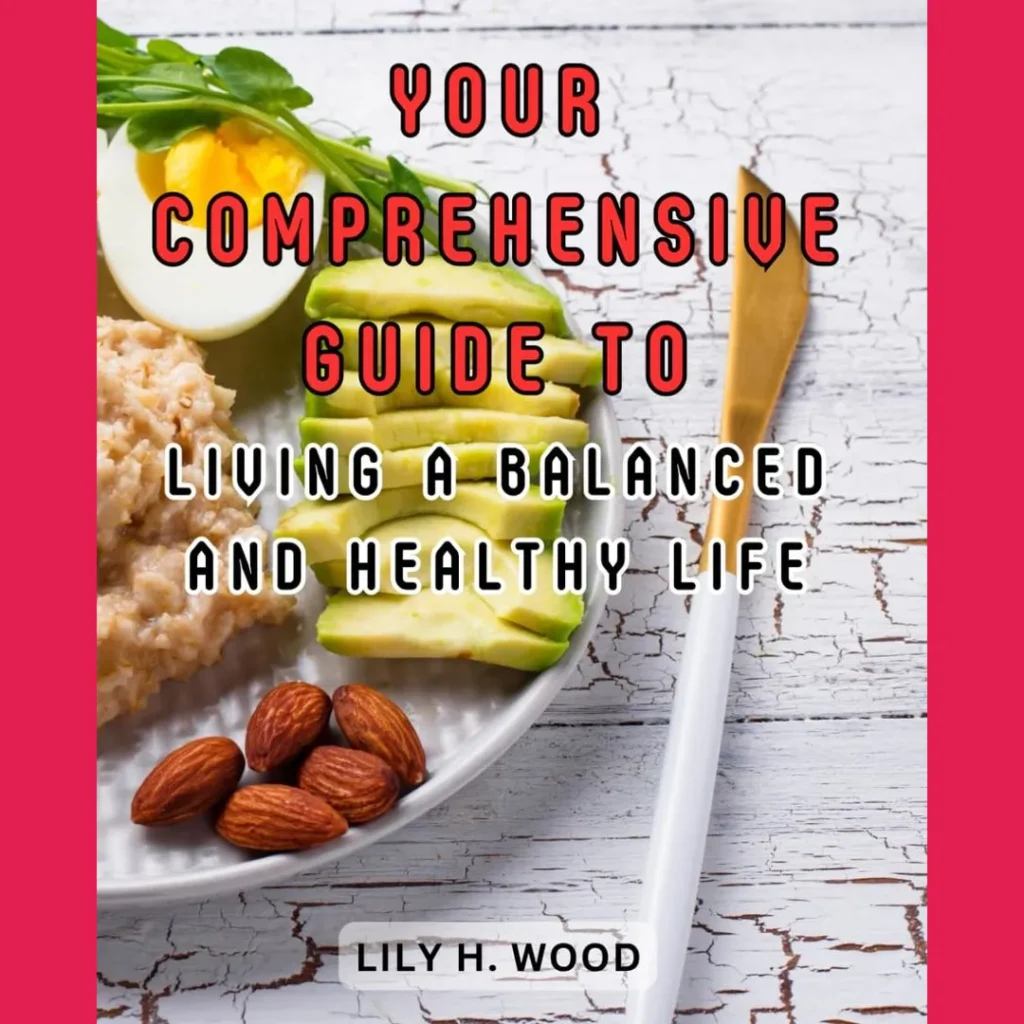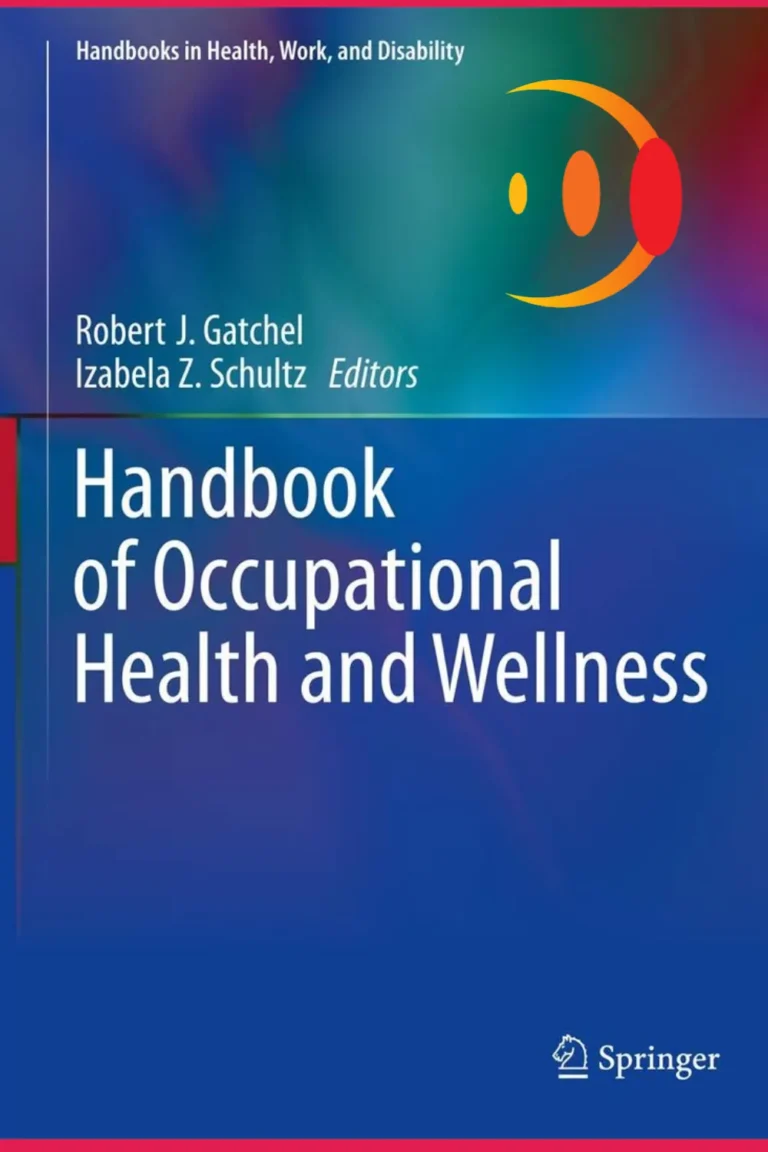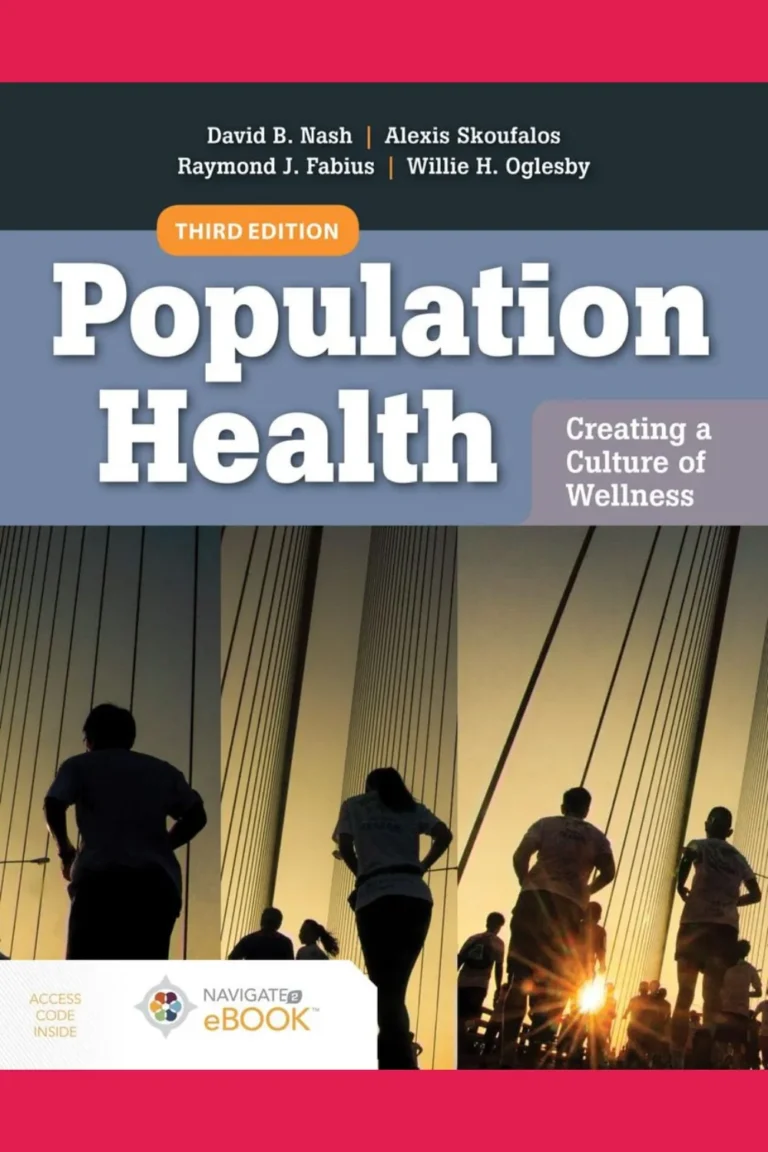Living a Balanced and Healthy Life
Imagine waking up every day feeling rejuvenated, with a boundless energy that propels you through the day’s challenges and joys.
Picture yourself navigating the ebbs and flows of life with grace, your mind and body in perfect harmony.
This isn’t just a far-fetched dream; it’s the tangible reality of living a balanced and healthy life.
In a world where our schedules are packed to the brim and technology keeps us constantly plugged in, finding equilibrium has never been more crucial—or more achievable.
Get ready to embark on an exhilarating journey towards holistic well-being.
We’re not talking about quick fixes or fleeting trends but a sustainable lifestyle transformation that promises long-lasting vitality, mental clarity, and emotional peace.
From nourishing your body with wholesome foods to enriching your soul with meaningful connections, living a balanced and healthy life is an adventure worth taking every single day.
Let’s dive into this exciting endeavor together, discovering practical tips and inspiring insights that will guide you toward achieving the ultimate balance in your life.
With endless responsibilities and obligations, it’s easy to get caught up in the daily grind and neglect our physical, mental, and emotional well-being.
However, it’s important to remember that our health is the foundation of our overall happiness and success.
Living a balanced and healthy life is not just about eating right and exercising, but it’s about finding a harmonious combination of physical, mental, and emotional wellness.
In this article, we will explore the key components of living a balanced and healthy life and provide practical tips and advice on how to achieve and maintain it.
From self-care practices to healthy habits, we will delve into the importance of prioritizing our well-being and the positive impact it can have on every aspect of our lives.
By making small changes and incorporating healthy habits into our daily routines, we can pave the path towards a fulfilling and well-balanced life.
So, let’s dive in and start our journey towards a happier and healthier version of ourselves.
Table of Contents Living a Balanced and Healthy Life
Prioritize self-care for overall wellness
In today’s fast-paced world, it is increasingly important to prioritize self-care for our overall wellness.
Taking care of ourselves is not just a luxury, but a crucial aspect of maintaining a balanced and healthy life.
By making self-care a priority, we can improve our physical, mental, and emotional well-being, allowing us to better manage stress, enhance our productivity, and cultivate more fulfilling relationships.
Self-care can take many forms, such as engaging in regular exercise, practicing mindfulness and meditation, prioritizing quality sleep, nourishing our bodies with healthy foods, and setting boundaries to protect our time and energy.
By consciously dedicating time and attention to self-care activities, we can replenish our energy reserves, increase our resilience, and ultimately lead happier and more fulfilling lives.
Eat nourishing meals in moderation
A key aspect of maintaining a balanced and healthy life is by embracing the practice of eating nourishing meals in moderation.
This means making thoughtful choices about the foods we consume and being mindful of portion sizes.
Instead of restricting ourselves to strict diets or depriving ourselves of certain food groups, moderation allows us to enjoy a wide variety of foods while still nourishing our bodies.
By focusing on incorporating nutrient-dense foods like fruits, vegetables, whole grains, and lean proteins into our diets, we can provide our bodies with the essential vitamins, minerals, and antioxidants they need to function optimally.
Moderation also involves being aware of our hunger cues and eating until we feel satisfied, rather than overindulging.
By adopting this approach, we can strike a balance between enjoying the foods we love and maintaining a healthy and sustainable eating pattern.
Regular exercise keeps you strong
Regular physical exercise plays a crucial role in maintaining strength and overall well-being.
Engaging in regular physical activity helps to improve muscle strength, flexibility, and endurance.
Through consistent exercise, the body becomes more resilient, reducing the risk of injury and enhancing everyday functionality.
In addition, exercise promotes the development of strong bones, which is particularly important for individuals of all ages to maintain good skeletal health.
Whether it is through cardiovascular activities such as jogging or swimming, or strength training exercises like weightlifting, regular exercise helps to build and maintain strong muscles, enhancing our ability to perform daily tasks and activities with ease.
By incorporating physical exercise into our routines, we can enhance our physical strength and enjoy the benefits of a balanced and healthy life.
Make time for relaxation and rest
An often overlooked aspect of living a balanced and healthy life is the importance of making time for relaxation and rest.
In our fast-paced and busy world, it can be easy to neglect the need for downtime and relaxation.
However, taking the time to unwind and recharge is essential for both our mental and physical well-being.
Stress and burnout can have detrimental effects on our overall health, leading to increased risk of illnesses and decreased productivity.
By prioritizing relaxation and rest, we can reduce stress levels, improve sleep quality, and enhance our ability to cope with daily challenges.
Whether it’s through practicing mindfulness techniques, indulging in a hobby, or simply taking a few moments each day to do nothing, making time for relaxation and rest is an essential component of maintaining a balanced and healthy lifestyle.
Focus on positive thoughts daily
Another crucial aspect of living a balanced and healthy life is the practice of focusing on positive thoughts daily.
Our thoughts have a powerful effect on our emotions, behavior, and overall well-being.
By consciously cultivating a positive mindset, we can improve our mental and emotional resilience, enhance our relationships, and increase our overall satisfaction with life.
It may involve reframing negative situations, practicing gratitude, or engaging in positive affirmations.
Taking the time each day to intentionally focus on positive thoughts can shift our perspective, reduce stress, and contribute to a more positive and fulfilling life experience.
By incorporating this practice into our daily routine, we can create a more optimistic and uplifting outlook on life.
Build and maintain healthy relationships
Developing and nurturing healthy relationships is a vital component of living a balanced and fulfilling life.
Building these connections requires active effort and communication skills.
It involves listening to others with empathy, displaying respect and understanding, and being open to compromise.
Furthermore, maintaining healthy relationships requires ongoing commitment, trust, and the willingness to work through challenges together.
By investing in meaningful connections and fostering a supportive network of friends, family, and colleagues, we can experience a greater sense of belonging, emotional support, and overall happiness.
These relationships play a crucial role in our mental and emotional well-being, contributing to a more balanced and enriched life experience.
Set realistic goals and boundaries
In order to maintain a balanced and healthy life, it is crucial to set realistic goals and establish clear boundaries.
By setting achievable objectives, we can avoid overwhelming ourselves and experiencing unnecessary stress.
It is important to identify our priorities and create a plan that aligns with our values and aspirations.
By breaking down our goals into smaller, manageable steps, we can maintain a sense of progress and motivation.
Additionally, setting boundaries is essential for maintaining balance and preventing burnout.
This involves learning to say no when necessary, prioritizing self-care, and setting limits on our time and energy.
By setting realistic goals and establishing boundaries, we can create a framework for success and well-being in all areas of our lives.
Seek professional help when needed
When facing challenges that require specialized knowledge or expertise, it is essential to seek professional help.
No matter how strong and capable we may be, there are times when the guidance of a trained professional can make all the difference in our journey towards a balanced and healthy life.
Whether it is managing a chronic illness, navigating through a difficult relationship, or working towards personal growth, professionals such as therapists, counselors, and coaches have the skills and experience to provide the support we need.
They can offer valuable insights, tools, and strategies to help us overcome obstacles and achieve our goals.
Recognizing when to reach out for professional assistance is a sign of strength and self-care, ensuring that we receive the highest level of care and support on our path to wellness.
In conclusion, living a balanced and healthy life is crucial for both our physical and mental well-being.
By making small changes in our daily habits, such as eating nutritious meals, exercising regularly, and prioritizing self-care, we can achieve a more balanced lifestyle.
It is important to remember that balance looks different for everyone and it is a continuous process.
With dedication and consistency, we can all work towards a healthier and happier life.
Let us strive to make self-care and wellness a priority, not just a luxury.
Here’s to a balanced and fulfilling life ahead.
FAQ
What are some key components of living a balanced and healthy life?
Living a balanced and healthy life involves regular exercise, a nutritious diet, adequate sleep, managing stress effectively, fostering positive relationships, and finding time for relaxation and self-care.
It also includes engaging in activities that bring joy and fulfillment, practicing mindfulness and gratitude, setting boundaries, and maintaining a healthy work-life balance.
Prioritizing mental and emotional well-being, as well as physical health, is essential for achieving overall balance and harmony in life.
Taking care of oneself holistically, setting realistic goals, and practicing self-compassion are all important components of living a balanced and healthy life.
How can individuals incorporate physical activity into their daily routine to promote overall health and well-being?
Individuals can incorporate physical activity into their daily routine by scheduling regular exercise sessions, such as walking, jogging, or cycling, for at least 30 minutes a day.
They can also opt for active transportation, such as walking or biking to work, taking the stairs instead of the elevator, or doing household chores.
Engaging in recreational activities like sports or yoga can also help promote overall health and well-being.
Setting specific goals, tracking progress, and finding enjoyable physical activities are key to making exercise a sustainable part of daily life.
What role does nutrition play in maintaining a balanced and healthy lifestyle?
Nutrition is essential in maintaining a balanced and healthy lifestyle as it provides the body with the necessary nutrients, vitamins, and minerals needed for overall well-being.
A balanced diet supports proper bodily functions, boosts immunity, improves energy levels, and helps in preventing chronic diseases.
By consuming a variety of nutrient-dense foods such as fruits, vegetables, whole grains, lean proteins, and healthy fats, individuals can optimize their health and maintain a healthy weight.
Good nutrition also positively impacts mental health, digestion, and overall quality of life.
Making informed food choices is key to achieving and sustaining a healthy lifestyle.
How can stress management techniques help individuals achieve a better balance in their lives?
Stress management techniques can help individuals achieve a better balance in their lives by providing them with tools to cope with stressors effectively, promoting relaxation, improving mental clarity, and enhancing overall well-being.
By incorporating techniques such as mindfulness, exercise, time management, and seeking social support, individuals can reduce stress levels, increase resilience, and create a more harmonious balance between work, personal life, and self-care.
These practices can lead to improved health, increased productivity, better relationships, and a greater sense of fulfillment in daily life.
What are some strategies for getting enough sleep and rest to support overall health and wellness?
To ensure adequate rest and support overall health, it is essential to maintain a consistent sleep schedule, create a calming bedtime routine, limit screen time before bed, avoid caffeine and heavy meals close to bedtime, exercise regularly but not too close to bedtime, and create a comfortable sleep environment.
Additionally, practicing relaxation techniques such as meditation or deep breathing can promote better sleep.
Prioritizing sleep, listening to your body’s natural sleep-wake cycle, and seeking professional help if experiencing persistent sleep issues are crucial strategies for achieving quality rest and optimal wellness.







